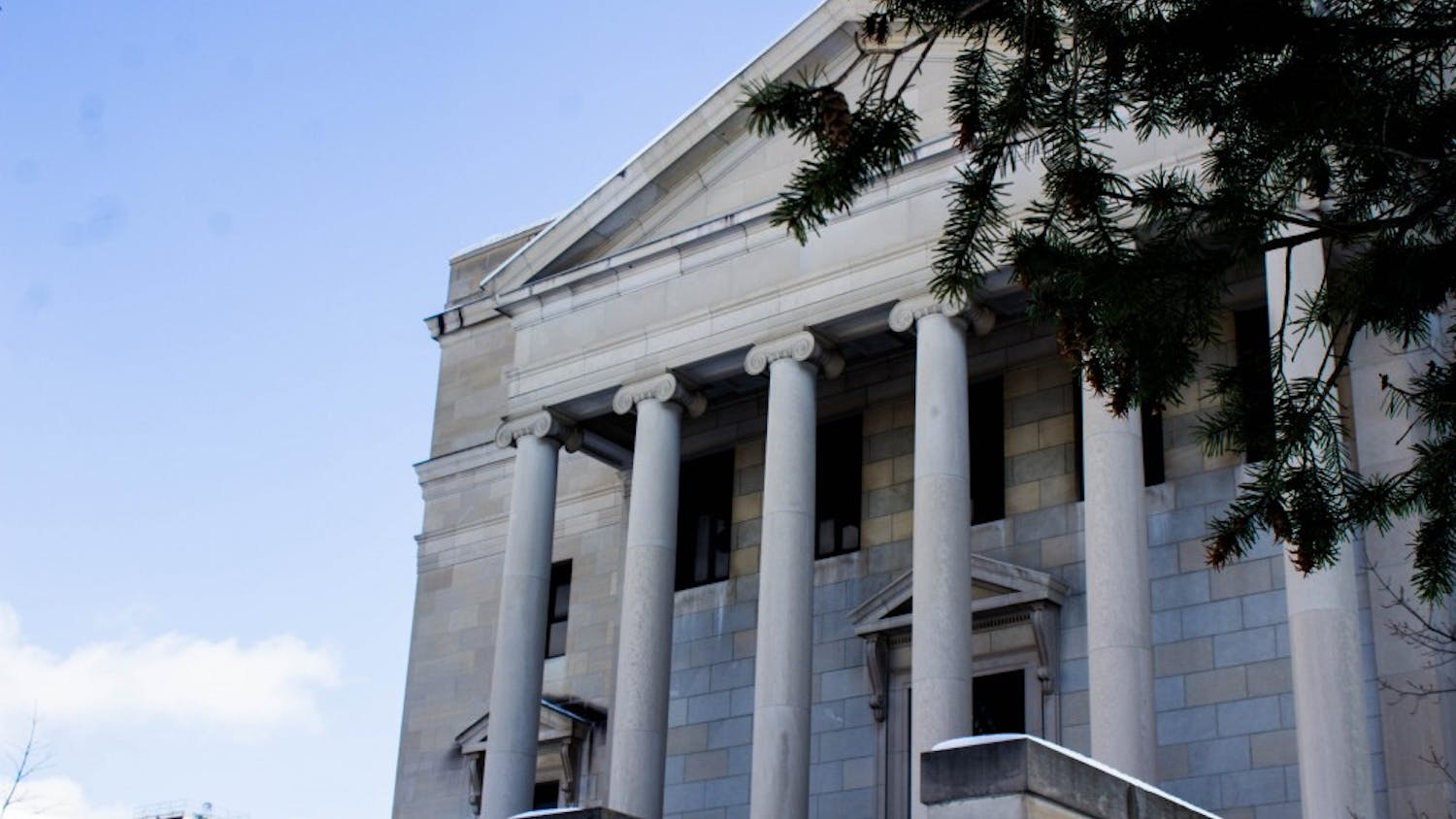I'm Catholic, and I believe in accepting and appreciating other's beliefs.
I wasn't aware the two are mutually exclusive.
Focus on the Family, a group that works to promote Christian family values, started the Stand for Christmas initiative in 2007 to fight the 'secularization of Christmas and the trend of censoring public references to this time-honored holiday,' according to the initiative's Web site.
The group is trying to 'put the Christ back in Christmas.' They offer plenty of links to information about Christianity and offer resources for the very religious or just the very curious.
And I think that's great. I really do respect those who are so secure in their faith and confident enough in what they believe to want to share this with others.
And even if you don't believe what they believe, getting a little more information on a topic like religion that you might not be as familiar with never hurt anyone. The more we know and share what we know, the better.
My problem with this initiative lies with the question posted prominently at the top of their Web site: 'How ‘Christmas-Friendly' Are Retailers?'
The public can post ratings, scoring retailers on whether their stores are 'Christmas-Friendly' or 'Christmas-Offensive.' Things like playing Christmas music from the day after Thanksgiving until Christmas can get a store a 'Christmas-Friendly' rating. But take care that your employees dare not say 'Happy Holidays' instead of 'Merry Christmas.'
The Web site says they're doing this in response to the 'secularization of Christmas and response to censoring public references to this time-honored holiday.'
But isn't this a form of censoring?
I'll contend that the majority of the U.S. is Christian. Of the U.S. adult population, 76 percent is Christian, according to a 2008 American Religious Identification Survey from Trinity College in Hartford, Conn.
'Majority' means most – but it doesn't mean 'all.'
According to the same survey, 1.2 percent are Jewish, .5 percent are Buddhist and .7 percent are atheist. These percentages probably don't seem significant, but the percentages work out to represent an estimated 2,680,000 Jews, 1,189,000 Buddhists and 1,621,000 atheists. It's not the majority, but I would argue that 5,490,000 is a significant portion.
In fact, as a Catholic, I was raised to believe that everyone is significant.
Freedom of religion applies to everyone. The majority shouldn't bully stores into portraying an image if the retailers – and 5,490,000 citizens – don't agree with it.
If those standing for Christmas feel that strongly about bringing Jesus back into the public domain, perhaps they should take up the task themselves, rather than expect store clerks to do it for them.
Offer up a 'Merry Christmas' to the person folding shirts at the mall. Maybe you'll get a 'Merry Christmas' in return. But keep in mind that you might get a 'Happy Hanukkah,' a 'Happy Kwanzaa,' a 'Happy Holidays,' or maybe just a polite 'thank you.'
Or better yet, ignore consumerism altogether. People should have enough conviction in their own beliefs not to need validation from a retailer. Recent statistics show that 1.02 billion people in the world are going hungry.
Getting a little offended at the mall doesn't sound like the worst thing that could happen.
That's the true spirit of Christmas, and that should be the real goal of 'putting the Christ back in Christmas' – spreading Jesus' own message of loving thy neighbor.
Donate your time to a cause that could bring good change to someone's life. I've been going to church consistently for the last 22 years. They're good places to go if you want to be a part of something that helps the community.
Going to the Gap and demanding a 'Merry Christmas' isn't.
E-mail: keeley.sheehan@ubspectrum.com




